Snazzy mod-British cuisine to go with Shakespeare and Tang Xianzu
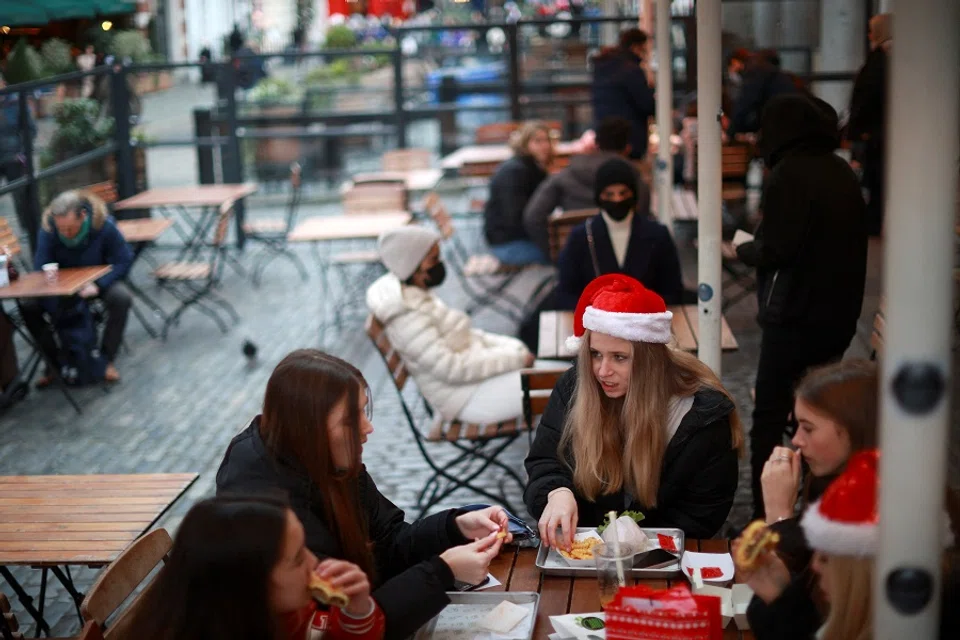
Growing up, I've always heard that British food was unappetising and that the British weren't foodies; they only ate raw beef and baked beans as if they couldn't yet wean themselves off the primitive diet. If you had a screw loose and insisted on tasting the most authentic British food, ordering a fishy and smelly steak and kidney pie would give you an unforgettable experience, much like the rude shock Jiao Da, a character in Dream of the Red Chamber, got when he had his mouth stuffed with mud and horse dung after spouting nonsense while inebriated.
My elders said that at the end of the Qing Dynasty and the beginning of the Republic of China period, the British empire colonised the world and was known as "the empire on which the sun never sets". The people were boastful and British nobles lived extravagantly. Their ultimate life goal was to live in an English mansion, hire a Chinese chef, marry a Japanese wife and have a French mistress. My elders also said that these unfortunate British became conceited and messed up the order - they ended up living in Japanese houses, eating British food, marrying French wives and having Chinese mistresses. I have always suspected that these topsy-turvy claims were made up by the Chinese solely to assert that British food is terrible.
Indeed, British food from a century ago can't compare with the Manchu-Han Imperial Feast or French cuisine. But what about 21st century British food? Does it still taste terrible? London boasts of countless Michelin-starred restaurants - surely this can't mean that their reputation is undeserved or that they are merely serving steak and kidney pies in well-renovated posh restaurants?
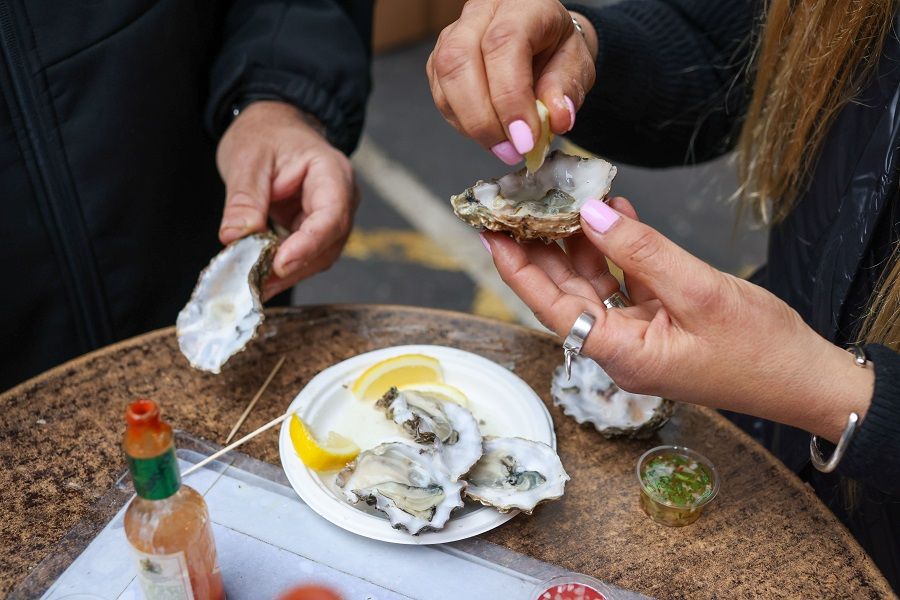
Modern British cooking: using season's best
I lived in the UK for a period of time more than a decade ago and had a taste of the most popular British food at that time. I realised that "new British cuisine" was really delicious, and the secret to its amazing taste was very simple as well - the most basic trick that all world-famous chefs would know. First, the ingredients must be in season and fresh. Second, the cooking temperature should be kept simple and precise. Third, the choice of condiments ought to be bold and clear.
I frequented a seafood restaurant in Oxford and later became acquainted with the chef, who would always ask me to try the dish of the day. Actually, they were just gem produce he had found early in the morning at the seafood market such as milky white, fresh and live razor clams; blush pink monkfish; fresh, apple-scented flounder; or cod as white as snow on the Alps. Whether steamed, fried, or braised, all the chef needed to do was to add a moderate amount of virgin olive oil, a dash of salt, and a light dash of spices to add flavour. And you would have for yourself an aromatic and fresh feast, as if listening to Franz Schubert's Trout Quintet - not only enjoying a heavenly feast, but also being transported to a refreshing and wonderful land.
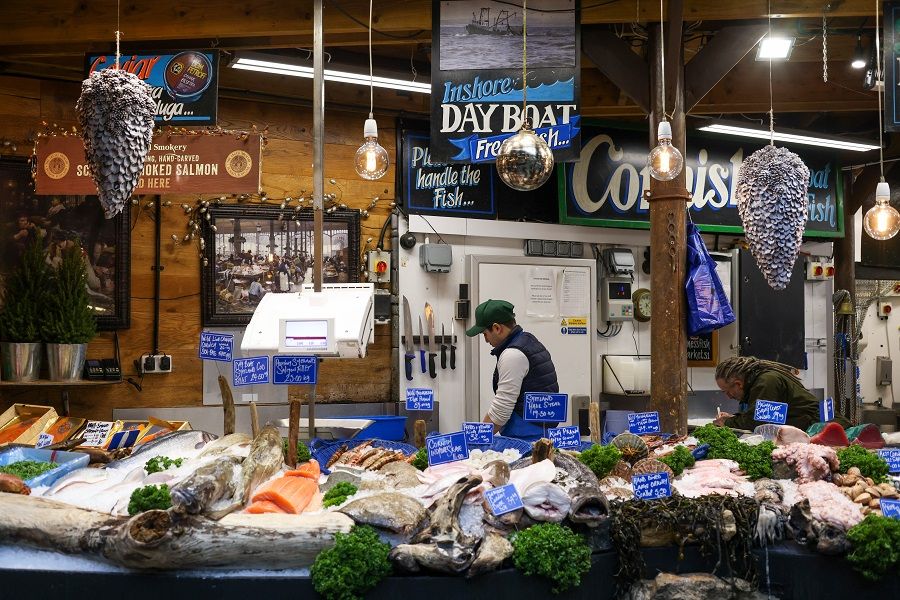
It's a pity that my elders have passed on and can no longer experience the strange vicissitudes of life - following the demise of the British empire in the 21st century, there has actually been a taste reversal and people are now able to eat mind-blowing food.
A taste as alluring as a poem or a song
I was invited to give a lecture on Ming dynasty playwright Tang Xianzu and William Shakespeare at the University of London as part of a memorial lecture series jointly organised by the School of Advanced Study and the School of Oriental and African Studies. I met many old friends that I haven't met for a long time, including Sir Blakemore, who arranged for a meal with Sir Miller and his wife at Chelsea Arts Club. He said that the place was posh and refined and the food was delicious as well.
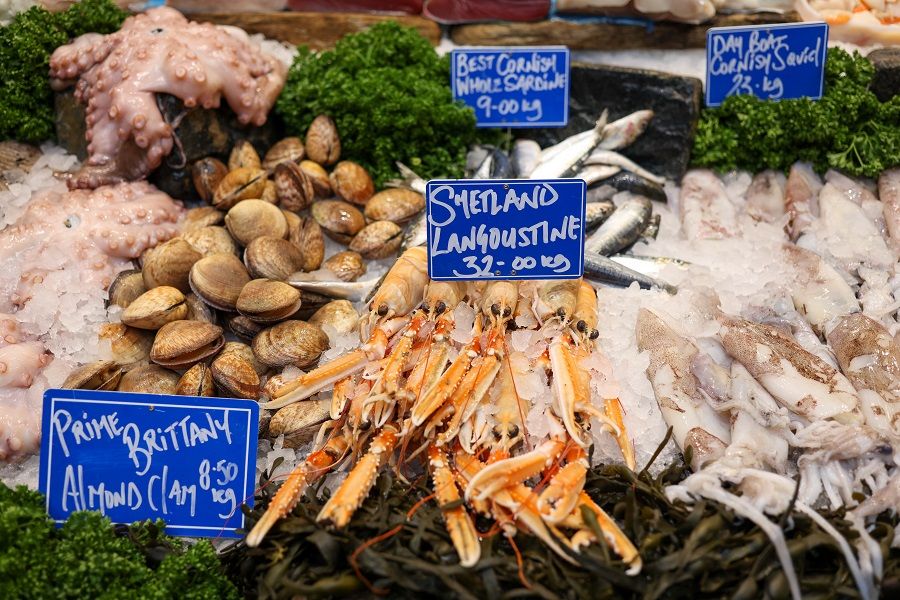
With the evening breeze caressing our faces, opera director Sir Miller criticised the adaptation of Shakespeare plays into queer dramas in his usual politically incorrect tone, saying it was like a mother trying to trick her toddler into eating spinach - healthy food was indeed hard to swallow. "What do you like to eat?" my friend asked. "Let's order some fish," I said. On the menu, there was a curry-flavoured pan-fried monkfish in olive oil topped with caramelised crispy onion strings and fresh coriander. I thought it sounded like a fusion of Eastern and Western flavours. This monkfish is an ugly fish, with a murderous face somewhat like that of Dou Erdun (窦尔敦), a Robinhood-like character from the Qing dynasty drama. But I do not know why it is called a "monkfish" - why are we poking fun at the benevolent monks? The texture of monkfish meat is pretty firm, similar to lobster meat. If cooked perfectly, it is more tender than lobster and has a timeless taste. The Japanese regard this as the best species of fish, almost comparable to fugu (pufferfish).
Sir Blakemore said that we must not forget about the appetisers, and highly recommended that we try the salted quail. And so, amid the sounds of clinking glasses, we spoke about Shakespeare's writings - indeed beautiful, but perhaps often full of spelling mistakes. The criticism that Shakespeare knew "small Latin and less Greek" was perhaps true. In comparison, Chinese playwright Tang Xianzu praised his own literary works as wonderful, lively and artistic, and firmly warned his peers against editing even a single word of his work. What a contrast to Shakespeare, who knew about investing. In comparison, Tang did not have business acumen or an adventurous spirit.
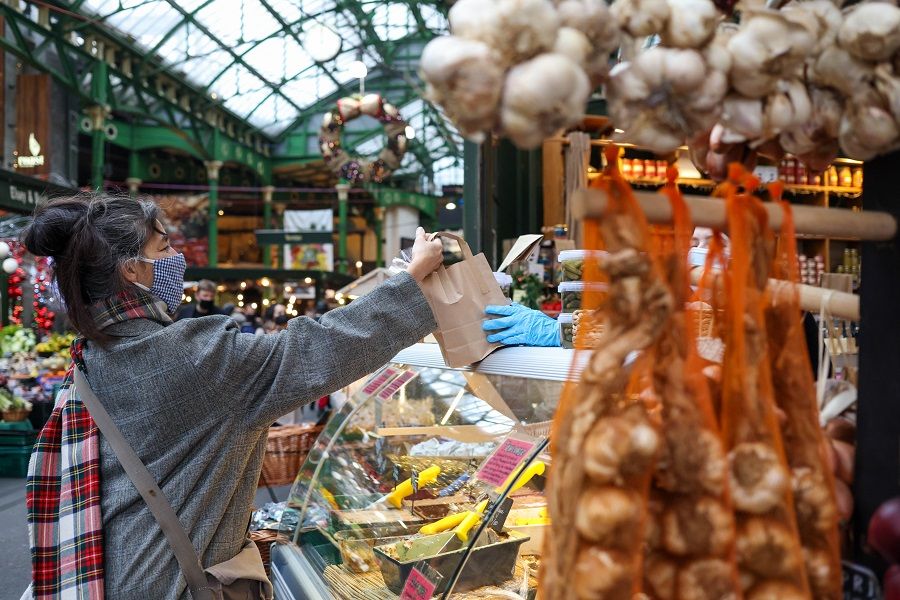
After we finished two bottles of French Burgundy wine and were engrossed in our discussion, the dishes were served. The salted quail was really delicious - it was crispy on the outside and juicy on the inside, and the meat was tender and fresh. Eating it felt like I was listening to Zaoluo Pao (皂罗袍, an aria in Tang's masterpiece The Peony Pavilion《 牡丹亭》) and the stanza gushing about the lovely and vibrant blooming flowers. The monkfish was also cooked to perfection with finesse and tasted much better than lobster meat, as it had a sweet aftertaste that lingered between the tip of the tongue and throat. I felt like I was listening to "Interrupted Dream" (Jing Meng 惊梦) in The Peony Pavilion, and the song Shantao Hong (山桃红) in this act in particular. It was as if I had tasted this delicious flavour before and was now speechless at its wondrous taste, "now that I was meeting it face to face" (是那处曾相见,相看俨然).
London not only has good food, but it also reminds me of The Peony Pavilion. Ah, how wonderful and sophisticated it is.
Related: From New York to Suzhou: A professor's guide to eating hairy crabs | Above Michelin: These professors would rather have Hakka pork belly with preserved mustard | In pursuit of ideals and love: The William Shakespeare of Chinese drama, Tang Xianzu | The power of food memories in shaping who we are
